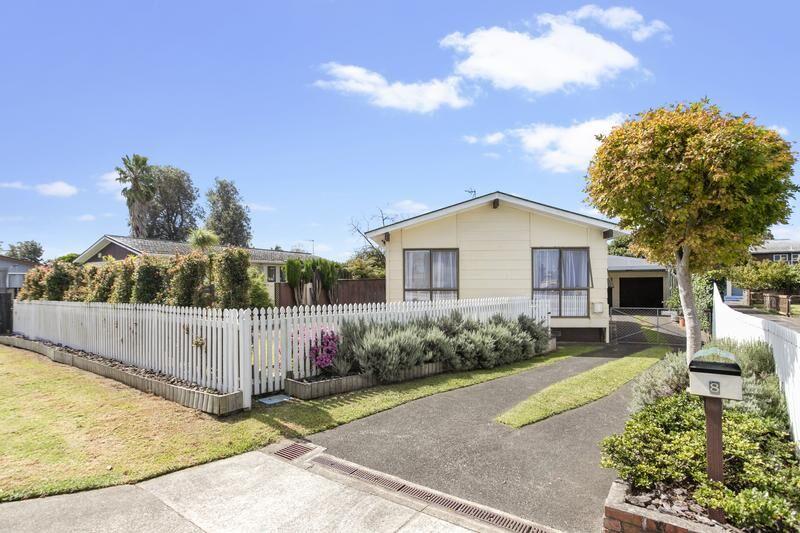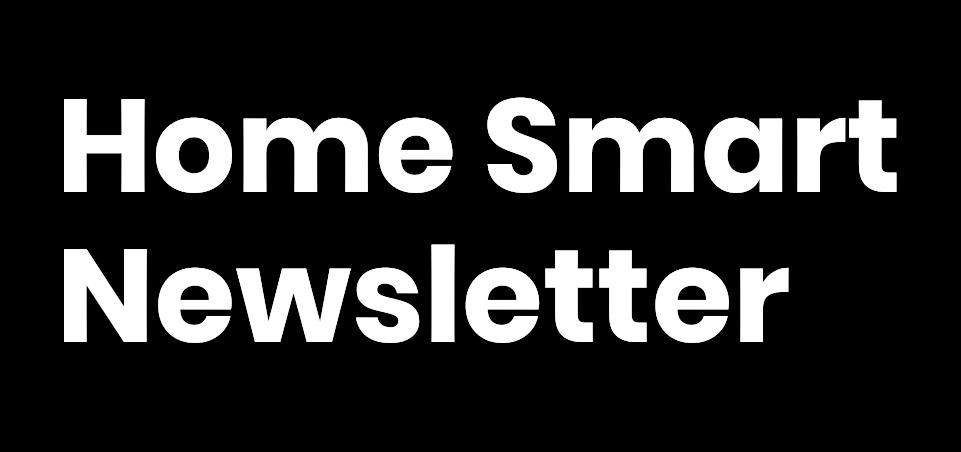
4 minute read
Rent Exchange – Property Management Newsletter


Advertisement
Property Management
On the following pages is our LJ Hooker Property Management Newsletter which refers to the Changes to Healthy Homes Standard and also includes an article about a tenant who has been ordered to pay decomtamination costs.
We are sure you will find the Newsletter both interesting and informative. For further information please click herefor the link to Updating Healthy Standards - Heating Regulations. If you have any questions about anything in the Newsletter or property management in general please do not hesitate to contact our Property Manager, Debbie Harrison. Email: debbie.harrison@ljhooker.co.nz Phone: 021 549432



ChangestoHealthyHomesStandarddelayed
In response to public feedback, the government made changes to the Healthy Homes Standards that were meant to come into force in April.
This decision was made by the government on December 3, and the amendments to the heating standards are meant to better reflect how certain properties are designed to retain heat.
The changes will also give more flexibility with the introduction of:
a new alternative pathway to compliance a new ‘top up ’ heating allowance, and a new tolerance for existing insufficient heating capacity
The changes to the ventilation standards now allow mechanical ventilation systems that continuously extract from kitchens and bathrooms, for homes that have received building consent since November 2019. Back in December, the government indicated these changes would take effect in April 2022. However, it was not considered by Cabinet and Executive Council until mid April.

A spokesperson for the Ministry of Housing and Urban Development (HUD) indicated the changes have been gazetted on April 14 and will become law on 12 May 2022. “The changes have to be public for 28 days before they become law.
Other proposed changes include an increase to the electric heater ‘top up ’
allowance from 1.5kW to 2.4kW and a decrease in the tolerance allowance from 90 percent to 80 percent if there is an existing qualifying heater installed prior to July 2019.
Tenantorderedtopay decontaminationcosts
Two tenants with a liking for class A drugs have been ordered to pay up after decontamination costs passed $30,000.
The methamphetamine levels at the Pokeno property were up to 11 times higher than the national safety standard.
While the landlord was insured for such an event, it was not enough to cover the clean-up.
In a decision released by the Tenancy Tribunal, it stated the decontamination costs exceeded $30,000 and that the landlord was only insured to that figure, less a $2500 excess.
The two tenants moved into that property in July 2020 after a baseline testing for meth was undertaken. A year later, when the tenancy ended and they left the property, a composite test for meth was done.
The test revealed drugs had been used inside the home, and that led to a detailed assessment in August, 2021. Following those results, the landlord applied to the tribunal for compensation and reimbursement of the bond.
The tribunal ruled the tenants had intentionally damaged the property by committing an unlawful act.

Meth levels up to 16.9mg per 100cm2 were detected throughout the house, exceeding both the New Zealand standard of 1.5mg per 100cm2 and the Gluckman standard of 15mg per 100cm2.
It found them liable for costs and ordered to immediately pay the landlord $13,572.
This compensation covered the insurance excess, $6137 for the meth testing, $1000 exemplary damages, and for the replacement of the blinds, rangehood and heat pump.
The tenants
’ bond of $2400 was also to be paid to the landlord, the tribunal ruled.
The information contained in this publication is general in nature and is not intended to be personalised real estate advice. Before making any decisions, you should consult a legal or professional advisor. LJ Hooker New Zealand Ltd believes the information in this publication is correct, and it has reasonable grounds for any opinion or recommendation contained in this publication on the date of this publication. Nothing in this publication is, or should be taken as, an offer, invitation or recommendation. LJ Hooker New Zealand Ltd accepts no responsibility for any loss caused as a result of any person relying on any information in this publication. This publication is for the use of persons in New Zealand only. Copyright in this publication is owned by LJ Hooker New Zealand Ltd. You must not reproduce or distribute content from this publication or any part of it without prior permission.







